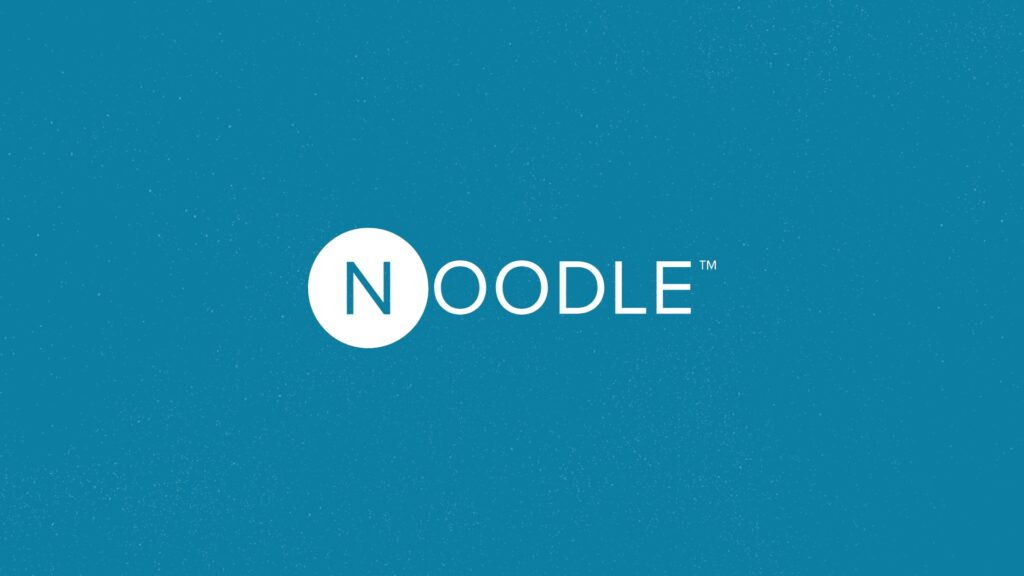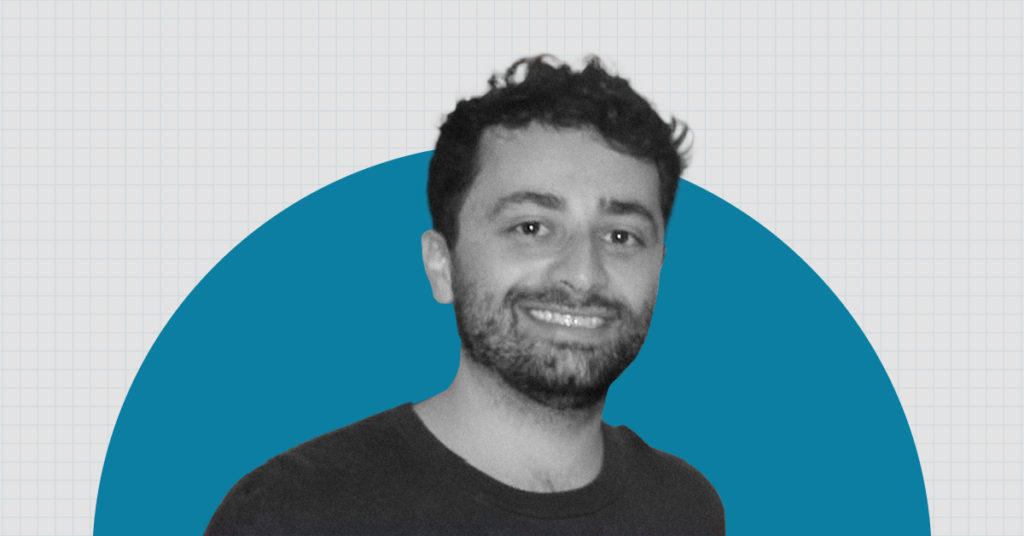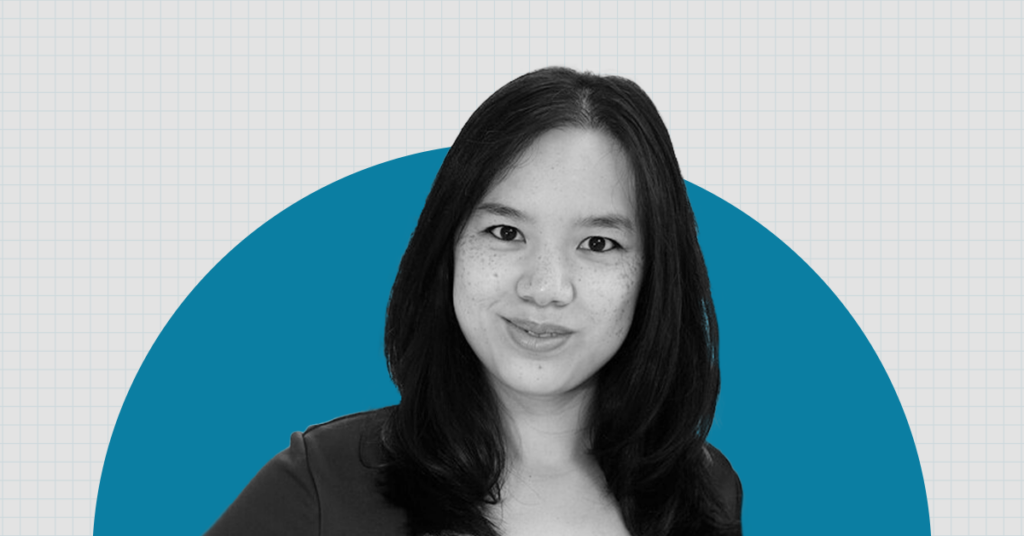Academic Director Christine Levinson is an experienced teacher and after earning a B.A. in English from the University of Missouri, went on to earn a Master’s degree in Cross-Cultural Teaching from National University, as well as one in Curriculum and Instruction from California State University Dominguez Hills. She topped off her schooling– with a doctorate in Education from the University of Southern California. It was during her college experience that Christine first volunteered at an ESL program and decided that education would be her life’s work.
Meet Academic Director Christine Levinson
“At Buena Park High School more than 40 languages were spoken, and every year we would have a cultural celebration, with food, music, dance, drumming and dress representing all those cultures. The families of the students were invited to the event. It was a very big deal that everyone looked forward to each year. And it was from that point on that I saw the value – and the strength – in diversity.”
Where are you from, and where were you raised?
I am Mexican-American, and I was raised in Buena Park, California.
Where did you receive your education and do you recall a specific moment when you decided to make education the focus of your life’s work?
I attended the University of Missouri, where I earned a B.A. in English with a minor in Spanish. I also spent a semester in Mexico, where I learned to speak Spanish. I then got a Master’s in Cross-Cultural Teaching from National University and one in Curriculum and Instruction from California State University Dominguez Hills. I rounded out my education with a doctorate in Education from the University of Southern California. While at Mizzou, I volunteered at an ESL program in Columbia, Missouri. I signed up to be a tutor and one day drove out to a community center to begin. I had never done that before, but when I left that day, I remember that I was smiling ear to ear. I was smiling so hard that my cheeks hurt.
Describe how your career has been enhanced by exposure to diverse people, places or experiences. Please provide a specific example.
More than 40 languages were spoken at my high school, and every year we would have a week-long cultural celebration, with food, music, dance, drumming and dress representing all those cultures. It was not uncommon for me to have friends whose families were from around the world. Having that experience at such an influential age shaped my thinking, and actively seeking diversity has since been a guiding principle in my work. Today I listen for the voices less heard and draw those ideas to the surface, especially on my team.
What makes a leader great?
A great leader must first be able to establish a clear, simple vision for everyone in the organization to adopt, repeat and believe. Next, they need to establish trust and vulnerability with their team. To establish trust, leaders have to be able to admit their mistakes and reveal their faults. There’s a time to be stoic and a time to admit that you might be wrong. Those who admit their faults or lapses in knowledge can accept knowledge from others and help themselves and the organization to grow. Finally, a leader has to be open to giving – and getting – feedback. Feedback holds everyone accountable and ultimately gives you the tools to be better. Maya Angelou said, “Be the best until you know better. Then, when you know better, do better.” Feedback makes everyone better.
When you think of great leadership, who comes to mind? Why?
I’ve had the privilege of working with so many great leaders – from former principals, CEOs, department chairs, not to mention my husband and mother. One single leader simply doesn’t define it for me. What they all have in common is they allowed me to be me. They offered an open door to move an idea or the organization forward and trusted me to make their vision a reality. The greatest leaders are those who believe in their people to get the job done. They set parameters and then move out of the way.
How has your personal leadership style evolved?
When I first started my career, I believed that leadership was transactional. Leaders made all the decisions and the employees fell in line. I’m certain this comes from my father’s Latino way of parenting. I did not become a leader until I was confronted by another leader who actually asked me really tough questions. Oddly enough, he would never answer those questions for me, but his questions were cleverly designed to challenge me to think through issues from various perspectives. I didn’t always like it, but today I understand that he valued my opinion and wanted my best thinking on the project or idea. He also taught me that all ideas are viable until we flesh them out and that anyone in the organization – entry-level to seasoned – could have a great idea. From that point on, I became the type of leader who asks questions and is open to all ideas.
What is it about your background or career experiences that successfully positioned you for your role at Noodle? Describe that role.
At Noodle I am an Academic Director and, in that role, I oversee a team of instructional designers and media specialists to develop online courses for our university partners. Our challenge is always finding ways to create engaging online content for students.
“Students” is the key word. I’ve been fortunate to have numerous positions in education, but most important is how those experiences have shaped what I do for students. I always look at the content through the student experience. Is the material personalized? Is it intuitive? Do students get opportunities to collaborate? And because I also have experience as a university faculty member, as well as coaching teachers, I am able to ask questions to draw out the best experiences.
How do you support the success of your team?
I want to make sure that everybody has everything they need to do their job well on a daily basis. Ultimately, what I try to do is to clear the barriers so they can do their work well. I am also looking for ways to help them grow. I try to deliver meaningful professional development that helps them build an awesome course, while also giving them the tools to work well with the subject matter experts. I also try to have fun. We laugh a lot and share our personal lives and histories. I want my team to know that we are not just boxes on the screen. I really do value their stories and experiences, and I think caring for your team is the best thing you can do to ensure its success.
What are some of the most effective tools in your leadership arsenal?
The two tools I reference repeatedly are The Five Dysfunctions of a Team by Patrick Lencioni and The Art of Coaching Teams: Building Resilient Communities That Transform Schools by Elena Aguilar. Lencioni talks about the difference between smart and healthy teams. While smart teams may get the job done, healthy teams get results. My goal is to guide my team to build trust, mine for conflict, hold each other accountable, be committed and get results. Aguilar teaches me how to care for my team and create rich work experiences that connect us to our value and our purpose. The two are the perfect blend.
Please tell us something about yourself that people would be surprised to learn.
I love to read teen novels and watch teenage drama on Netflix. That’s probably why I became an 8th grade language arts teacher. When I taught Adolescent Literature at Whittier College, I took it a step further and paired The Teenage Brain by Frances Jensen with bestselling young adult literature. I wanted future educators to understand why teenagers make such rash decisions. The answer always lies in that darn prefrontal cortex.



